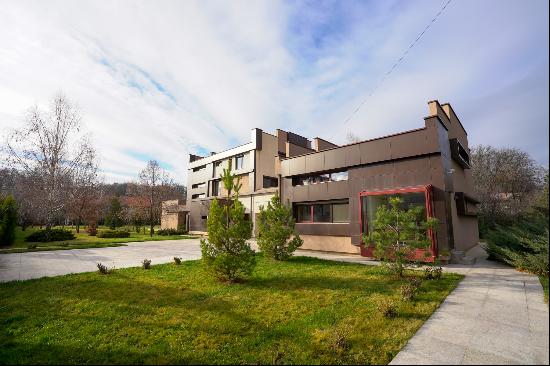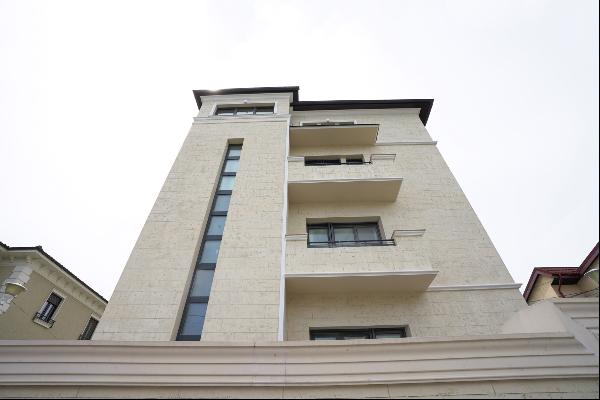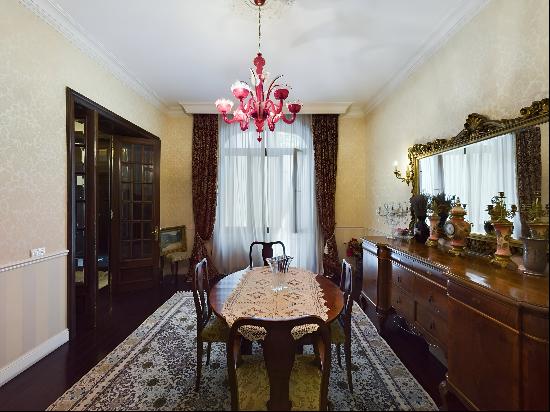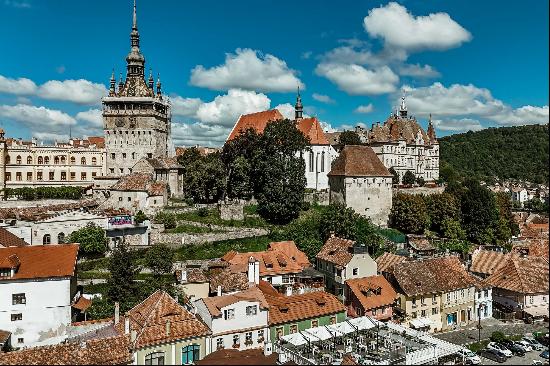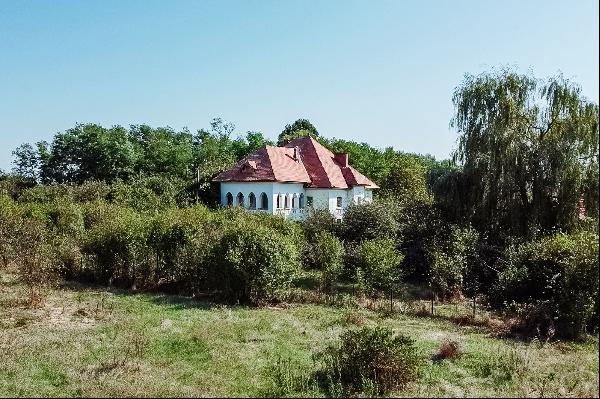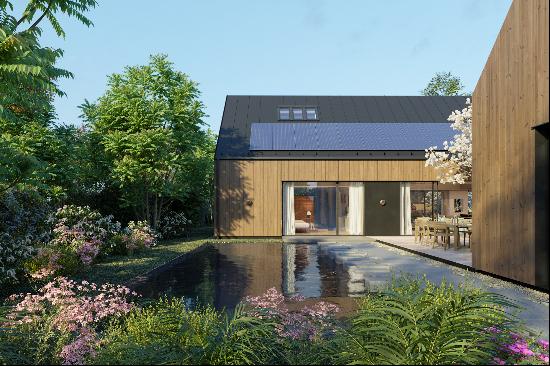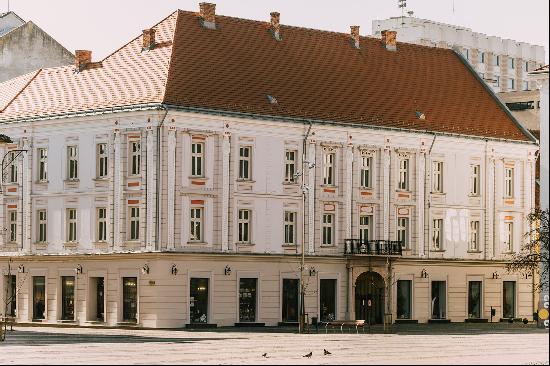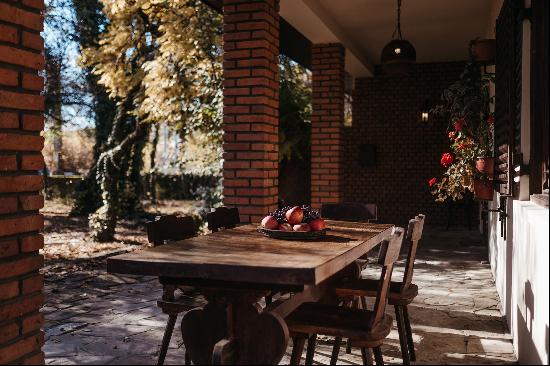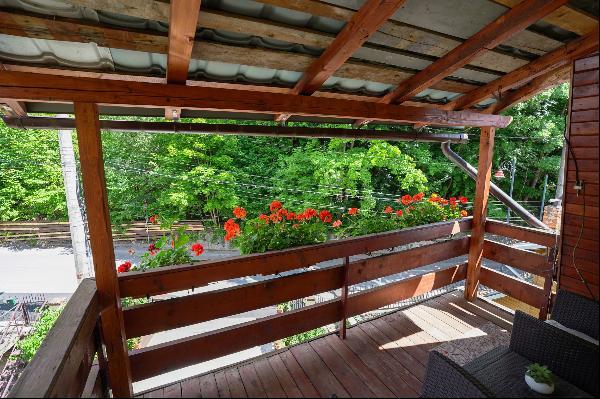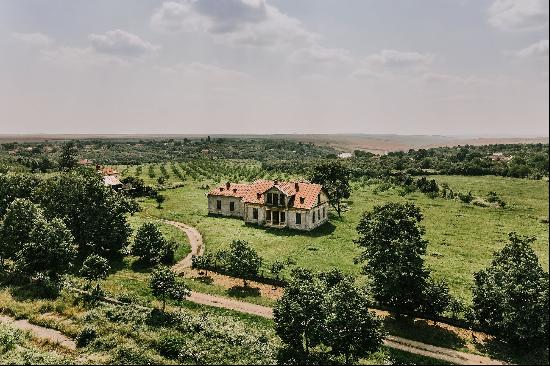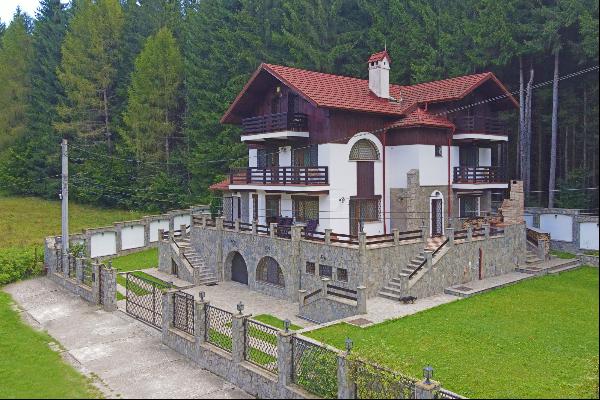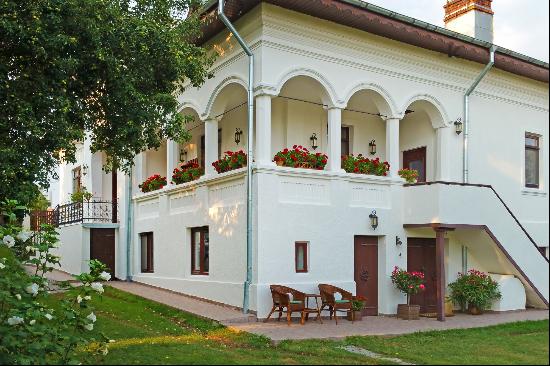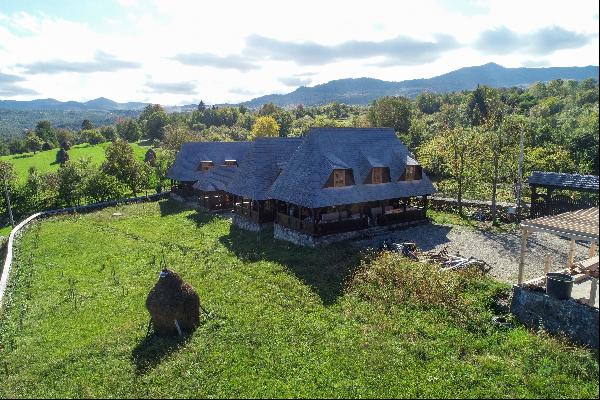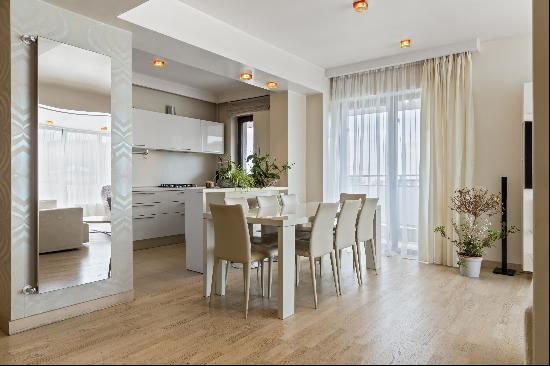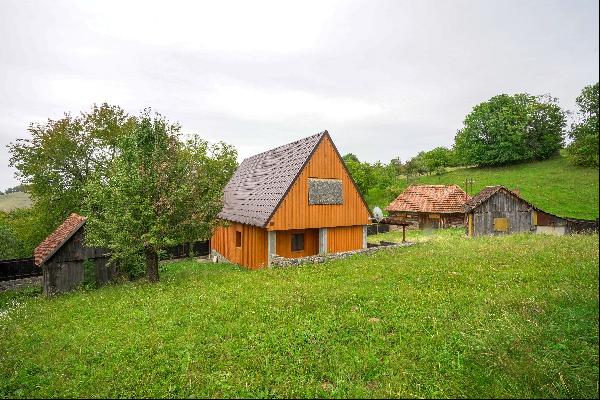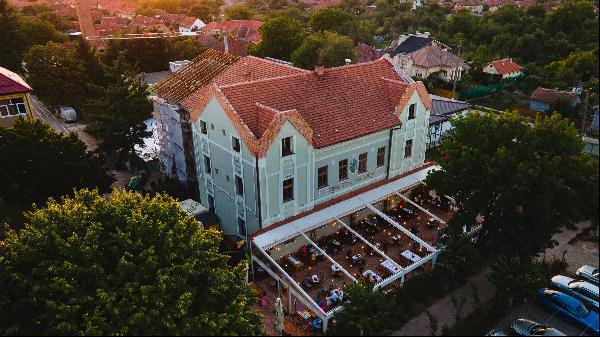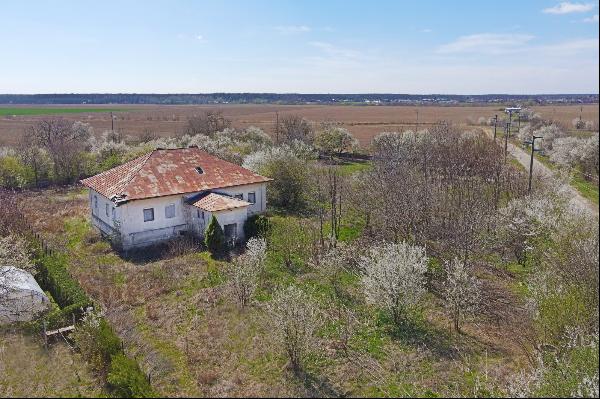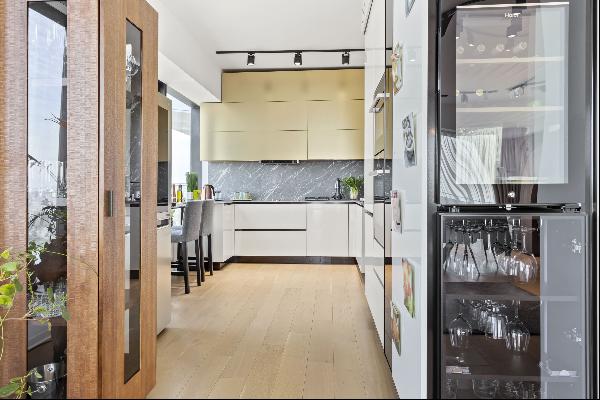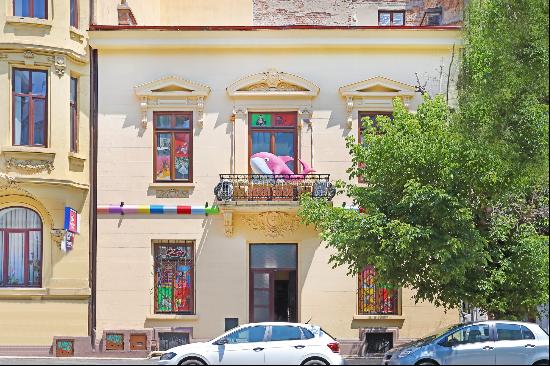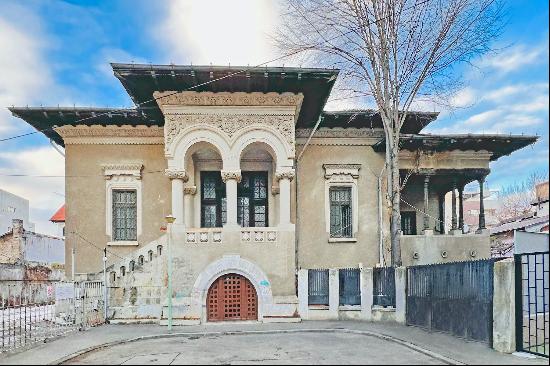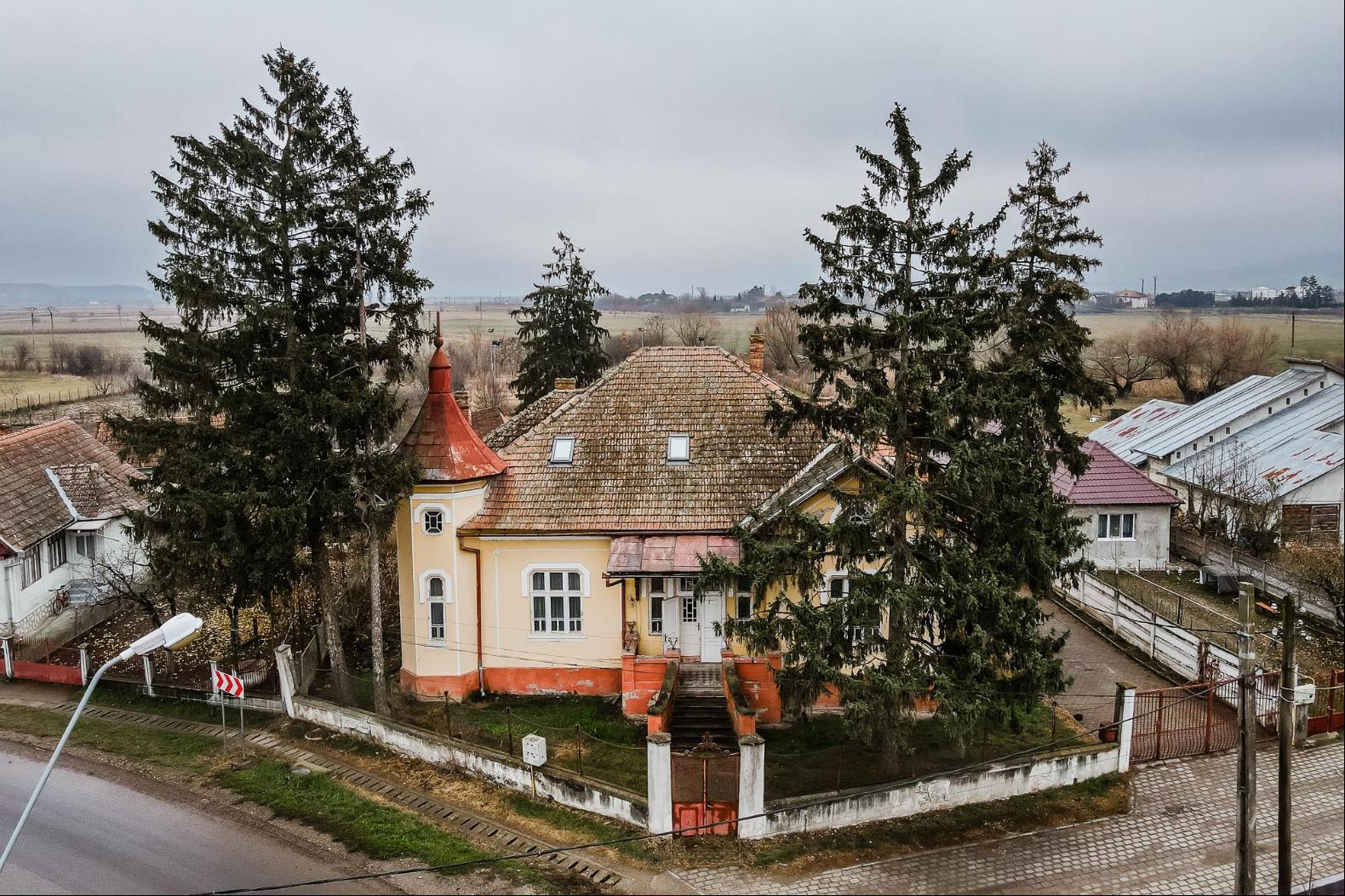
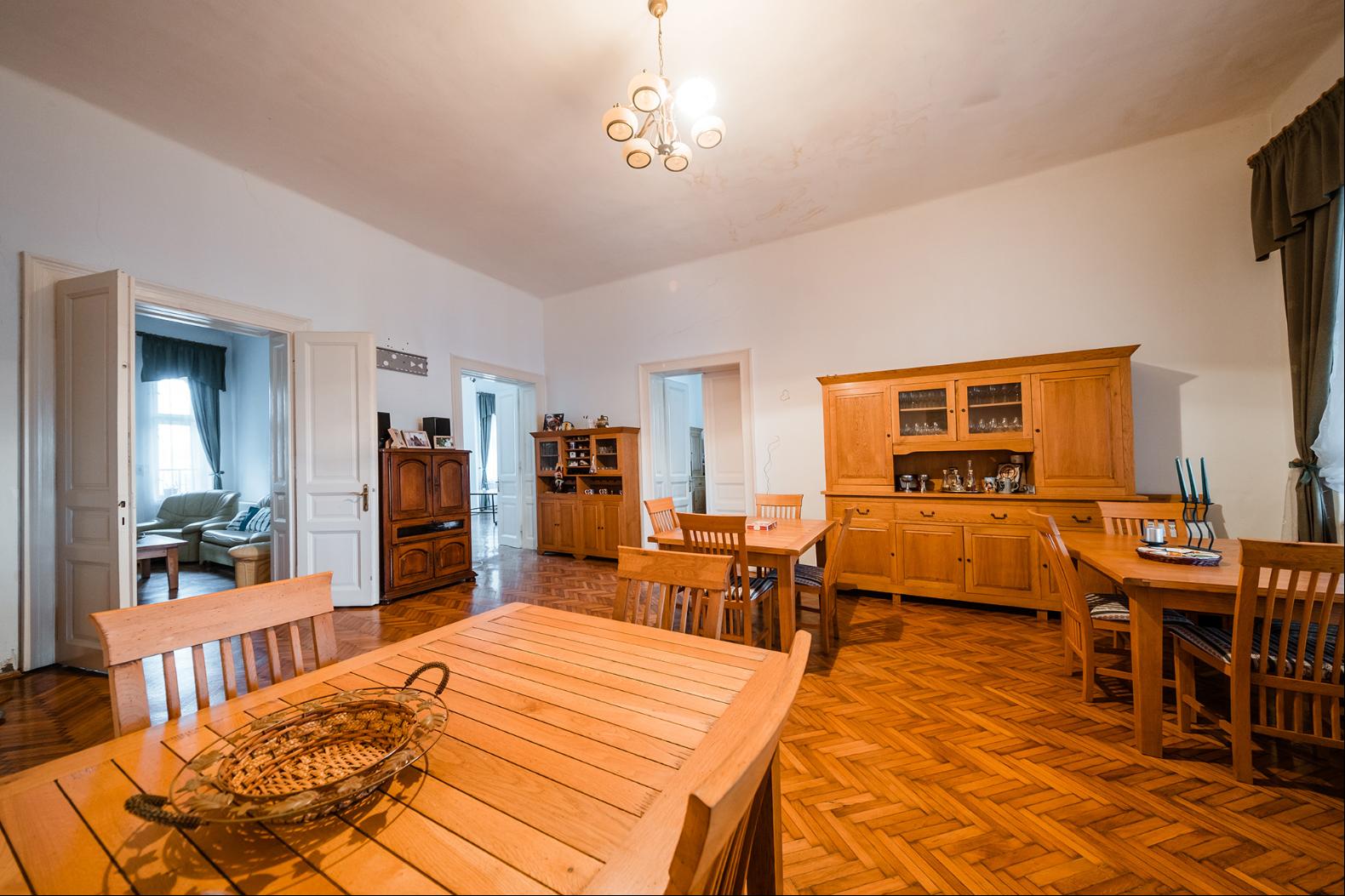
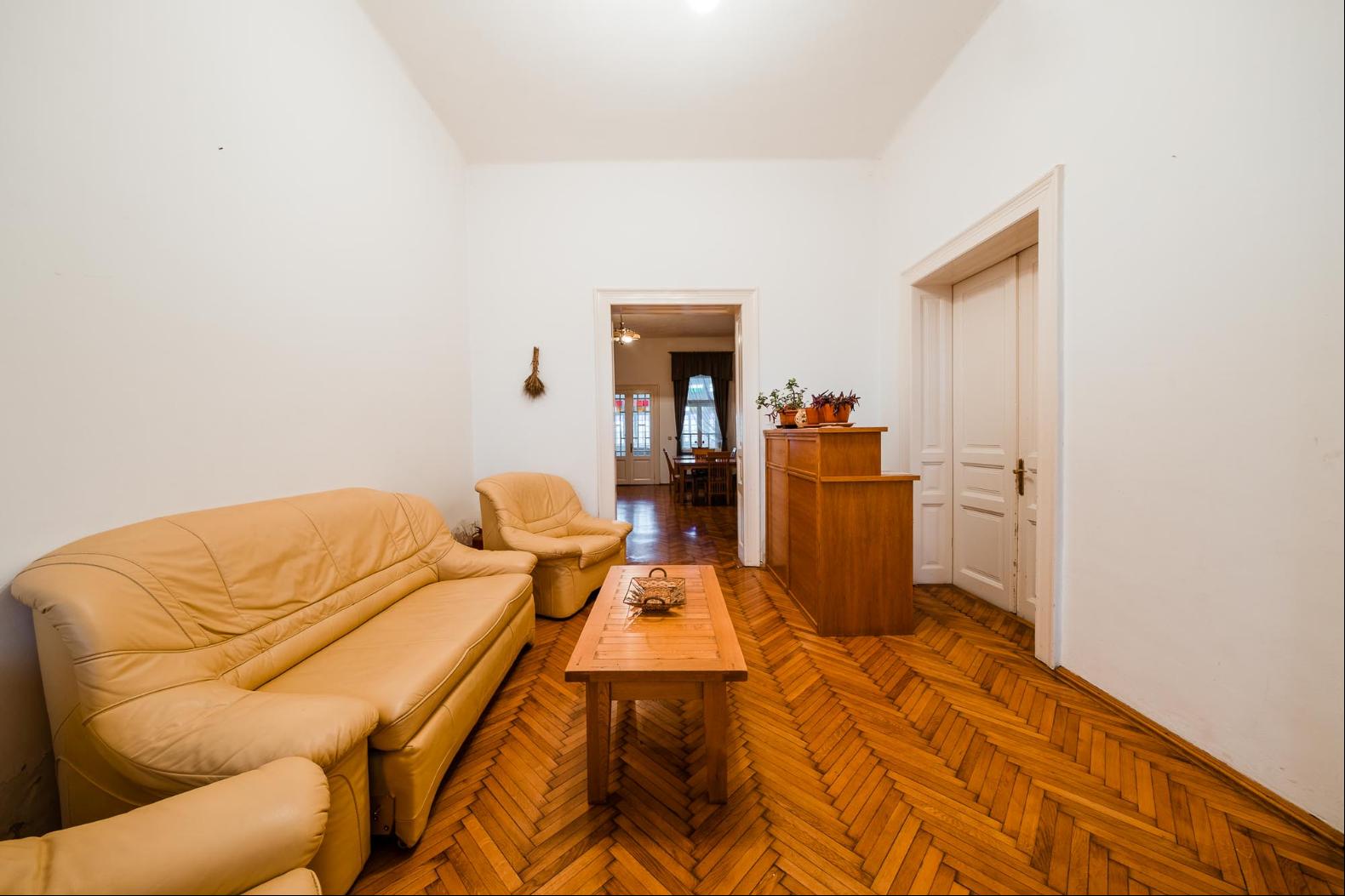
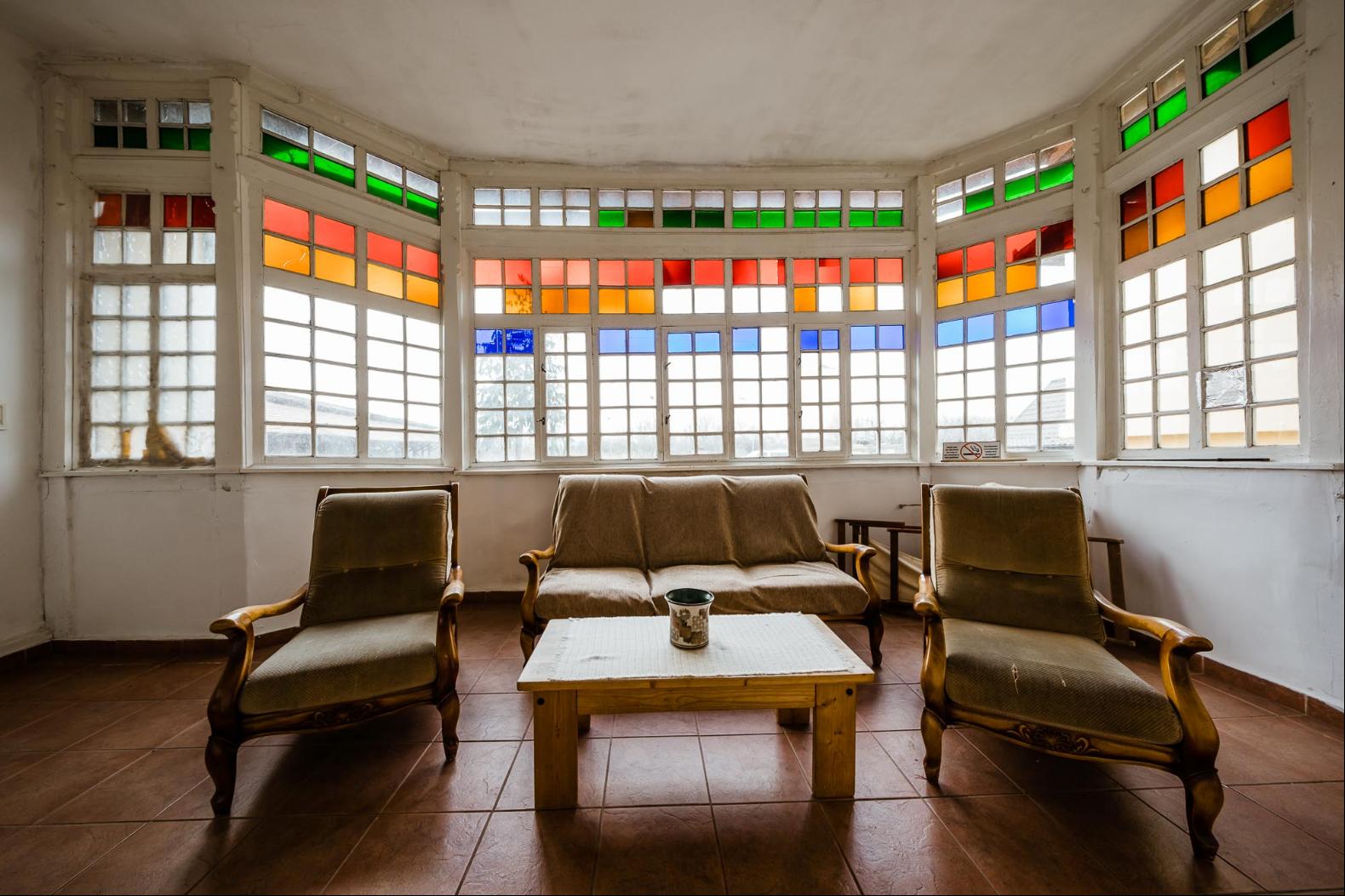
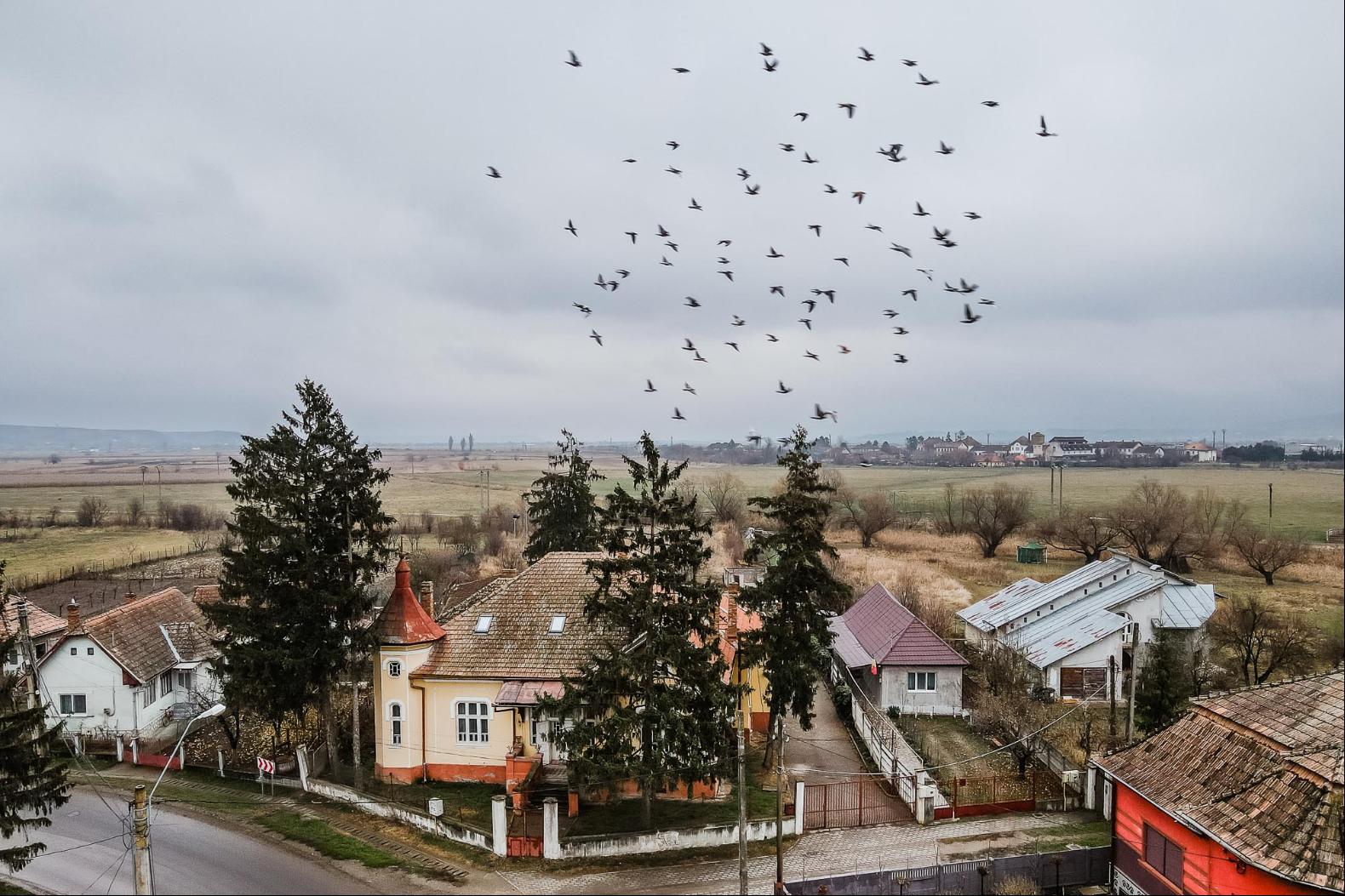
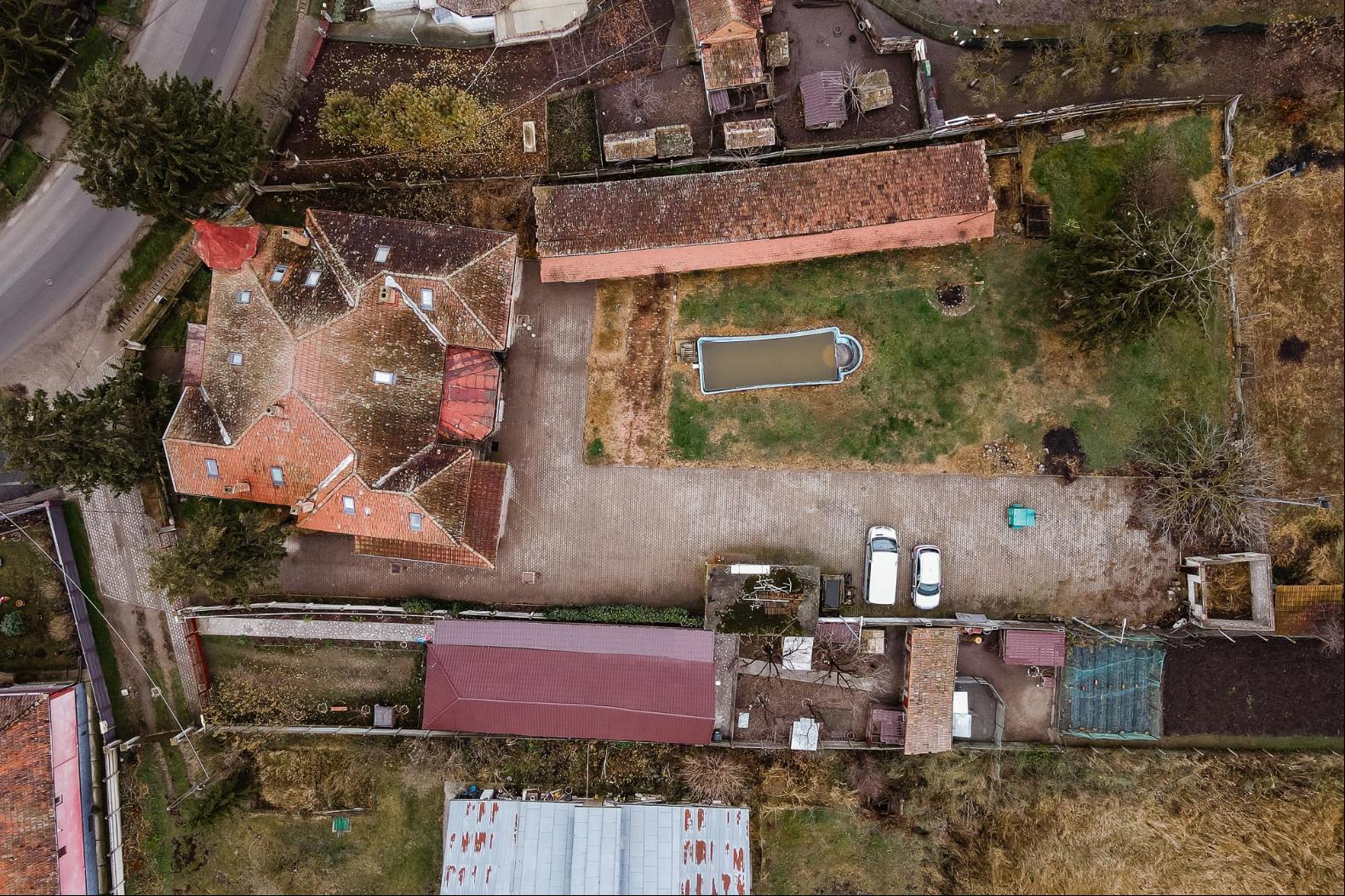
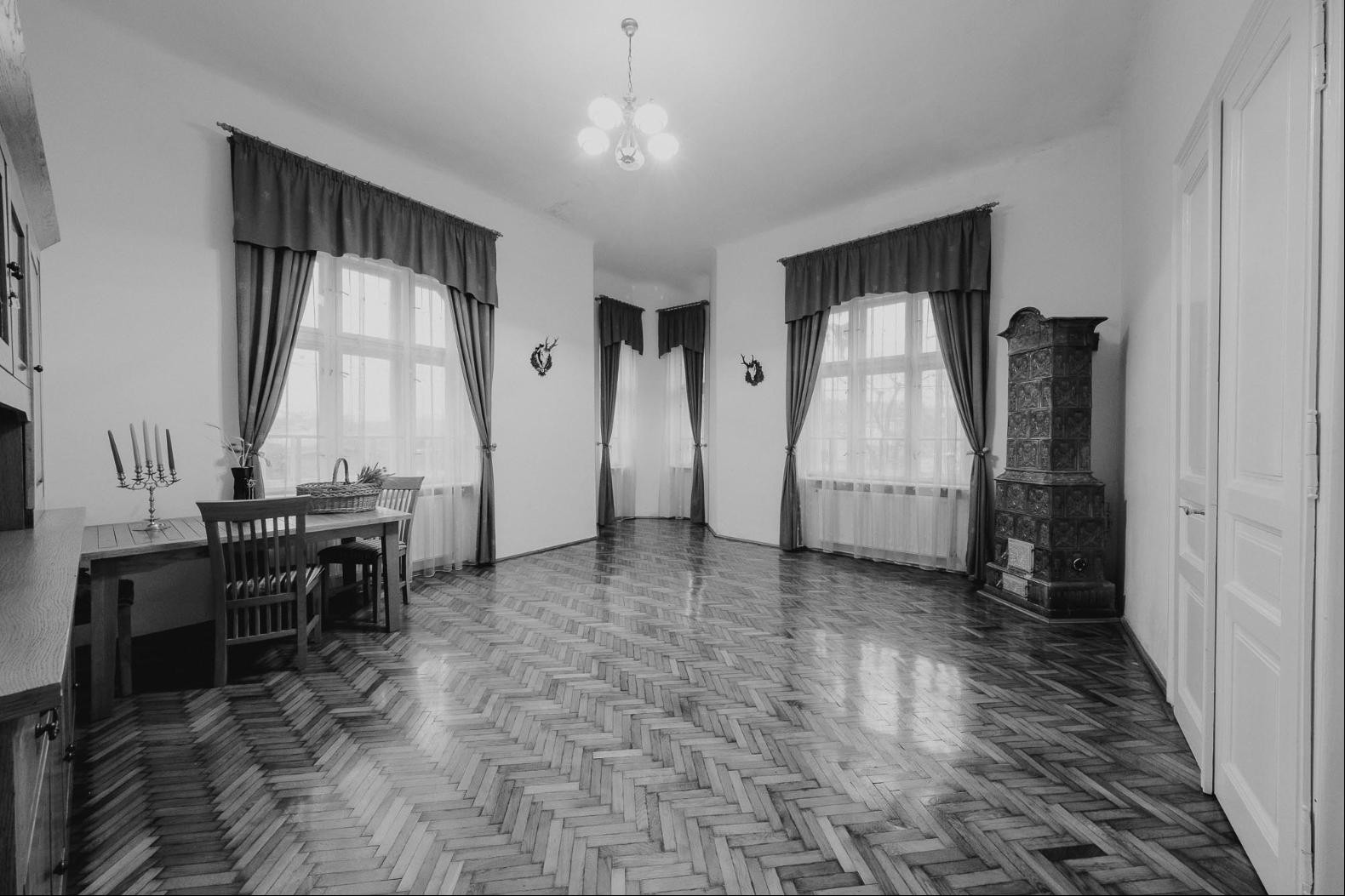
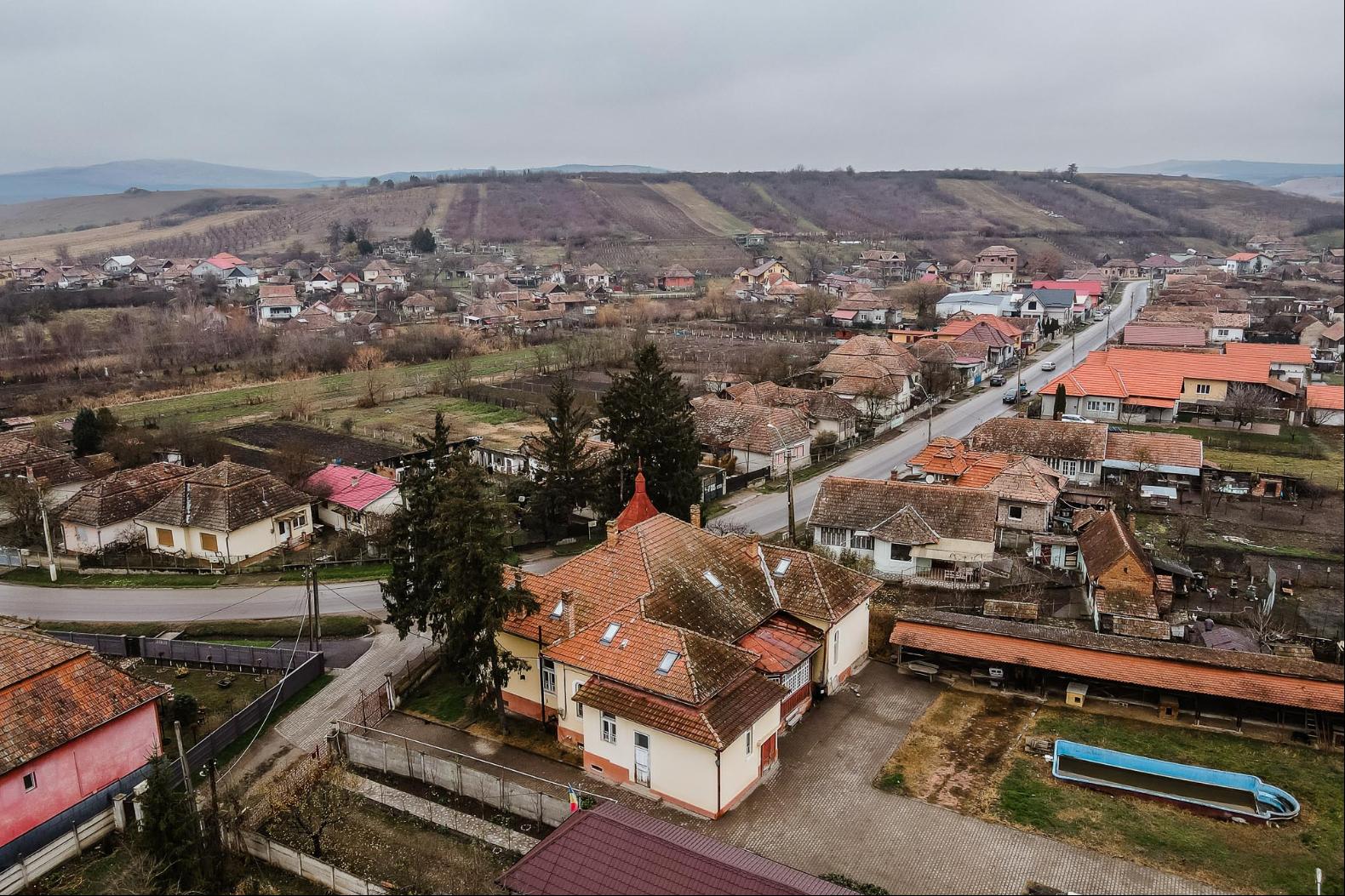
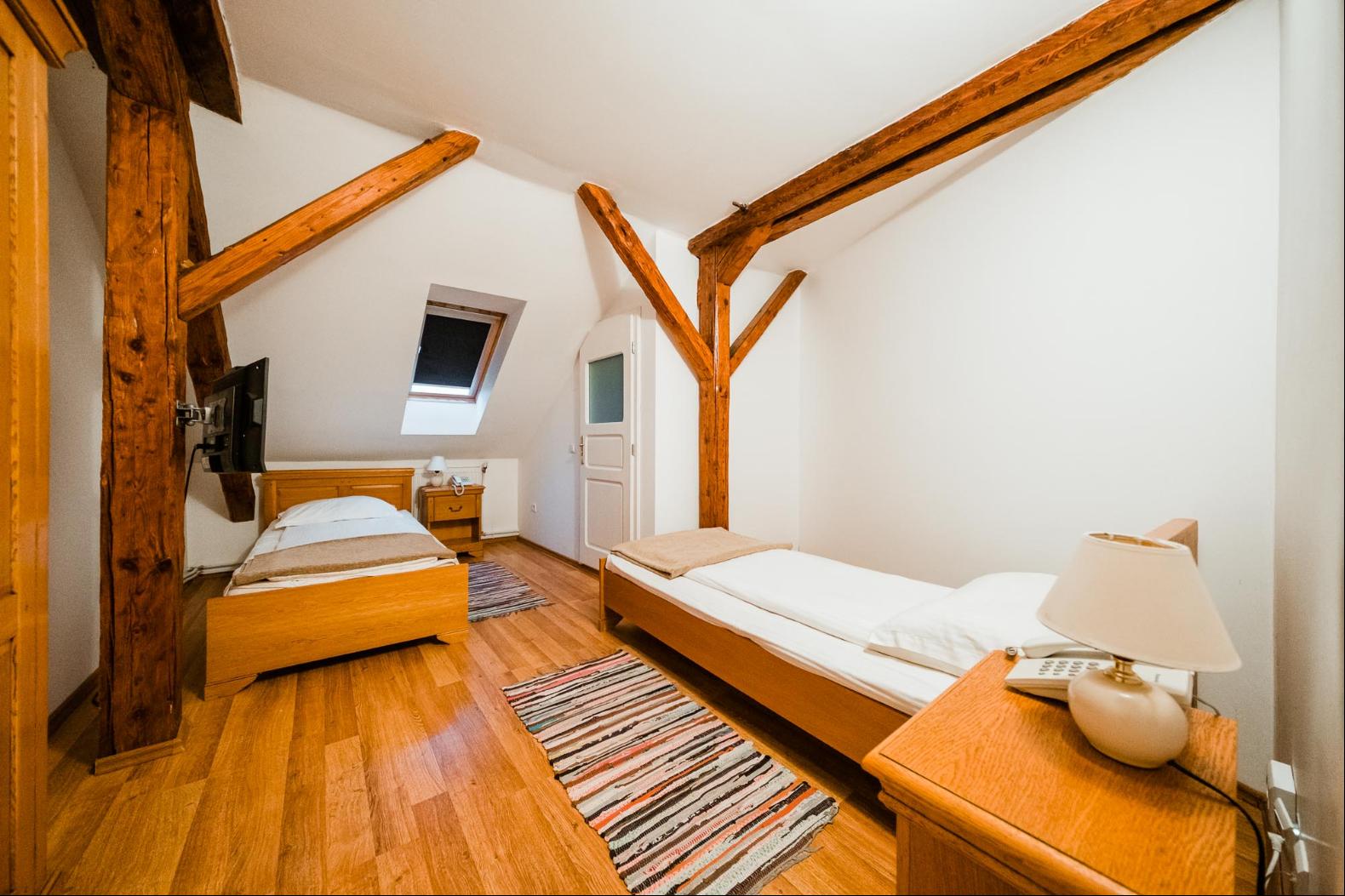
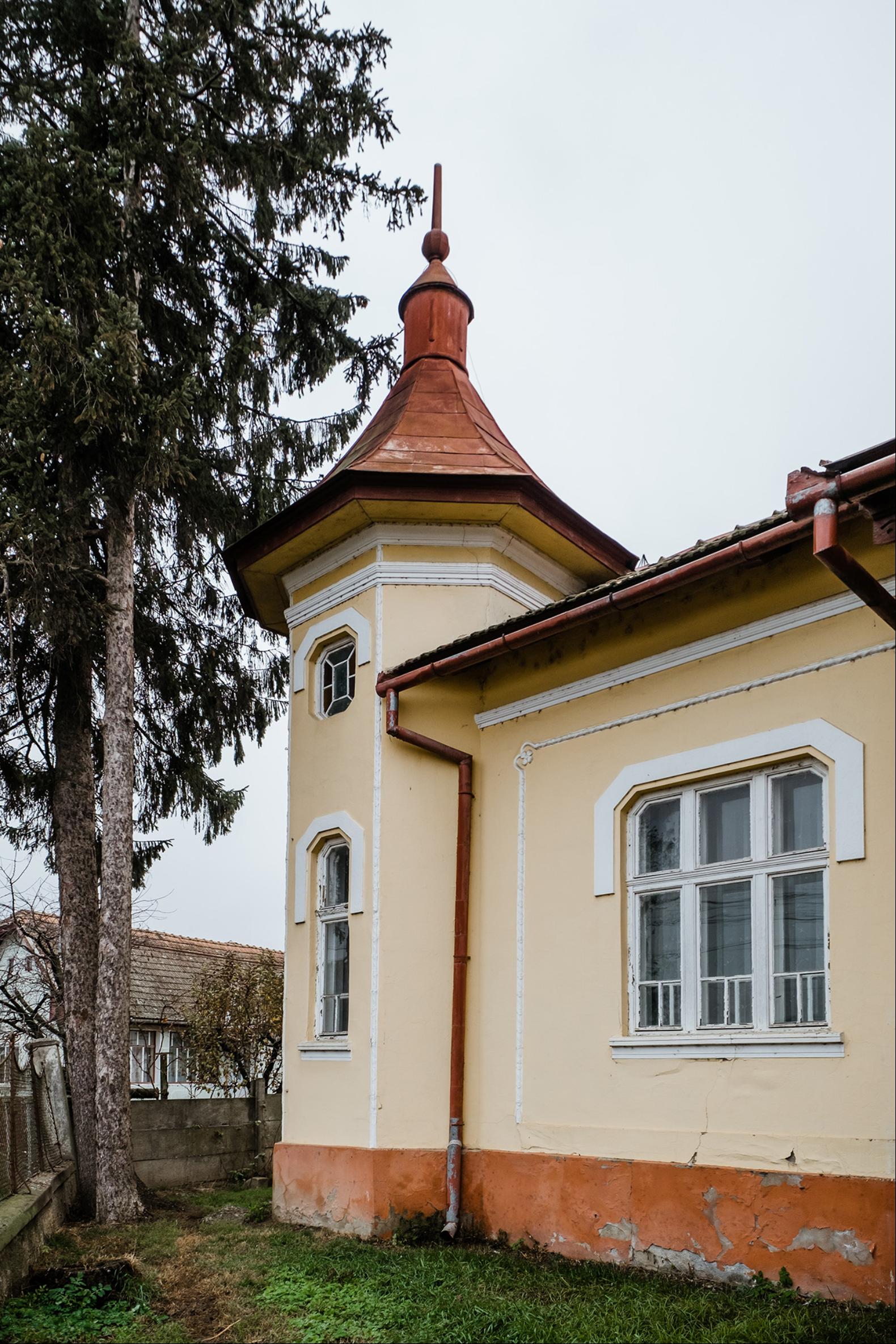
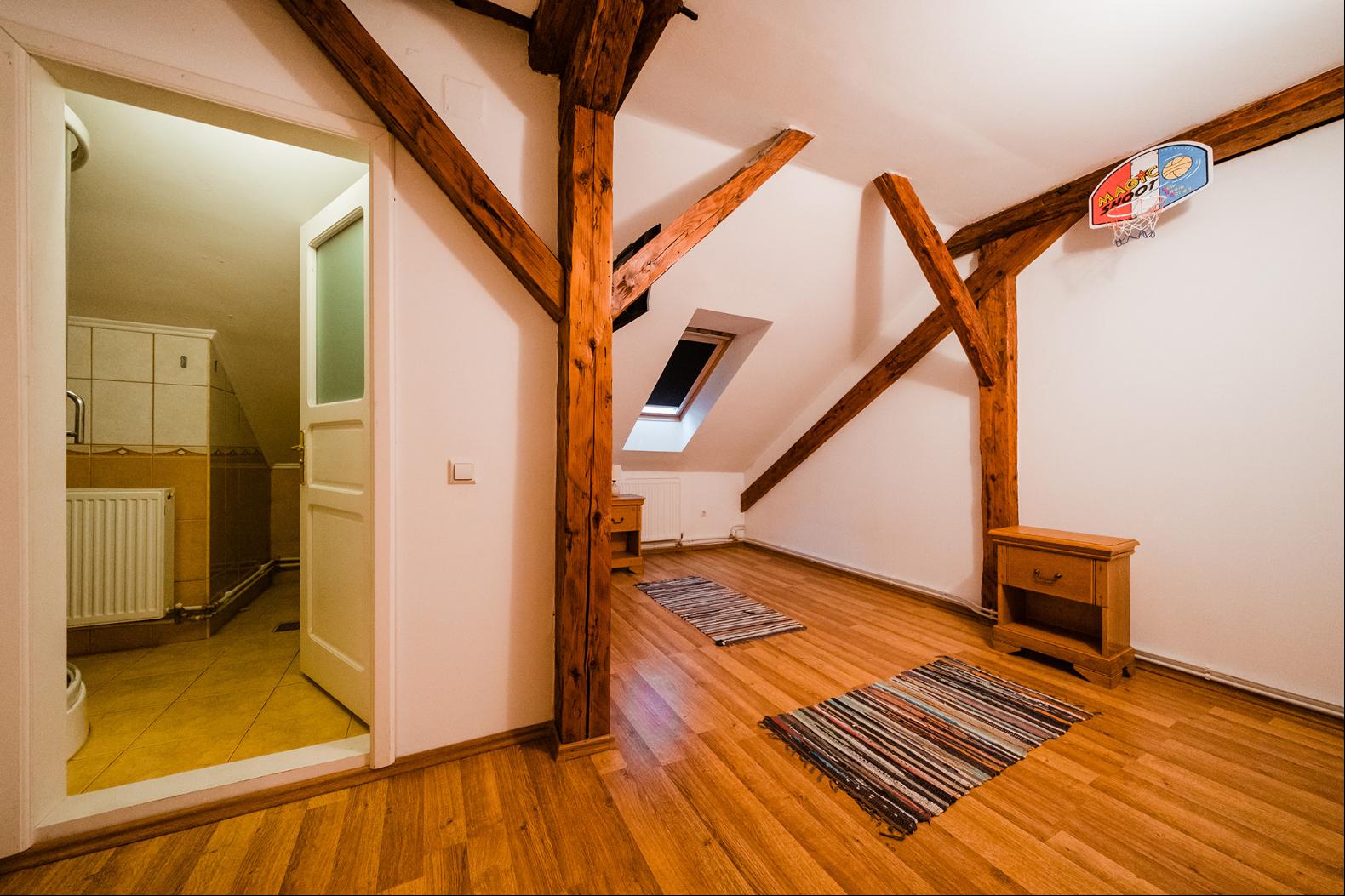
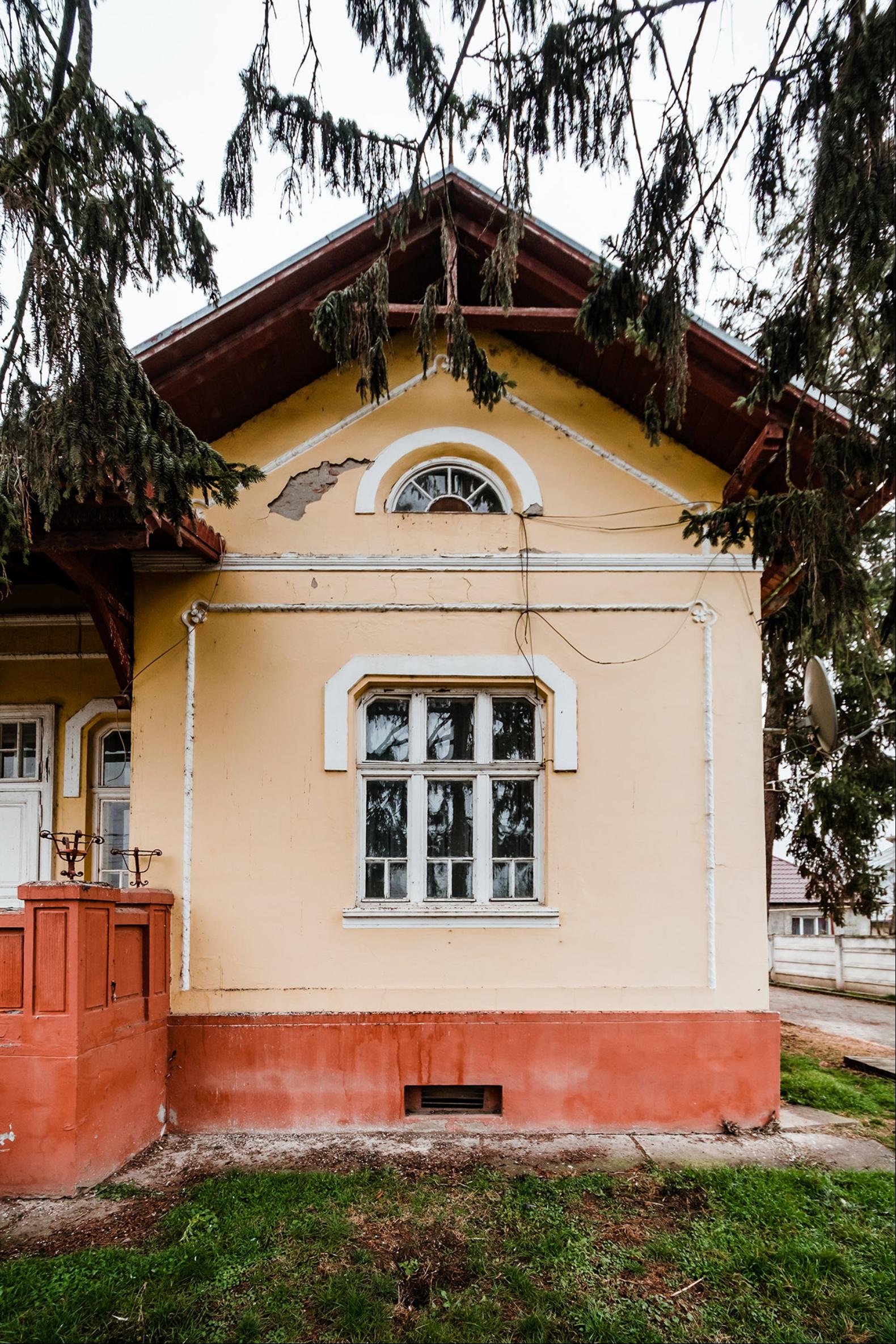
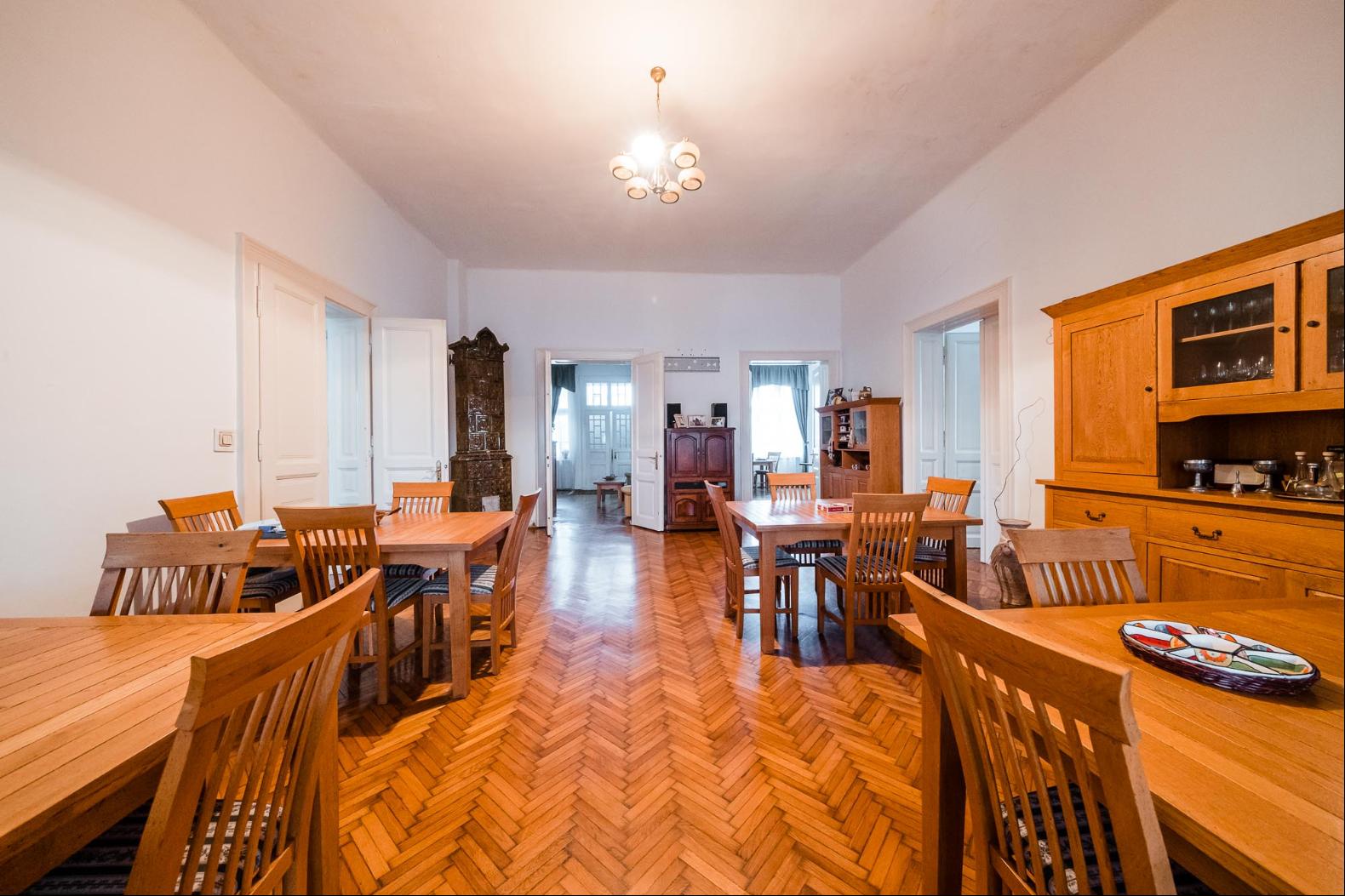
- For Sale
- EUR 247,000
- Build Size: 7,427 ft2
- Land Size: 61,117 ft2
- Property Style: Historical
- Bedroom: 7
- Bathroom: 9
Looking towards the street, an mansion like a copy of a dream palace proudly wears its slender straight tower while waiting for its new owner. With frames that seem to hold tall and elegant windows in their arms, the façade is very inviting through the open staircase looking towards the gate to welcome those who are interested, for example, in the recently opened baths in Ocna Mureș or those who have things to do in Alba, Cluj or Mureș, all the municipalities being less than an hour away (the Cluj-Sebeș highway is 10 km away, and the Transilvania highway 25 km away, while Cluj, Târgu Mureș and Sibiu airports are also close).
The 16 rooms of the mansion lend themselves to being arranged as tourist accommodation in this locality with a history of but also the future of a spa resort with salt baths. With spacious rooms, tall windows, elegant double doors and a superb beautifully restored oak parquet the interior is permissive and generous. The central common area has a beautiful original stove and the atmosphere of a ballroom awaiting its dancers.
The building has solid walls of solid brick and is equipped with three-phase electricity, water, natural gas, hydrophore, gas-fired boilers, treatment plant and septic tank; the sewerage is in the process of completion. There is also a wine cellar with a brick vault, cellars and outbuildings for storage plus parking spaces on 800 m2 of paved and lit yard.
Firs trees, walnuts, hazelnuts, apples, pears, cork oaks, acacias, willows, a stream at the bottom of the garden and a small fish pond provide the natural setting for relaxation, and the swimming pool and the tennis court with night lights incites the spirit of friendly competition.
The mansion was built by Romulus Triteanu, who remained in the big history as the first Romanian station master after 1918 in the Feldioara railway junction, today Războieni-Cetate, and in the small history as the cousin of that Lazar Triteanu, Orthodox bishop of Romanian, whose wife, Veturia, acclaimed soloist, the only Romanian translator accepted by Hitler in the relationship with Ion Antonescu and alleged spy, later became the wife of Octavian Goga.
Restored after 1998, the manor functioned as a 4-margaret guesthouse from 2008 until recently. Compartmentalization also allows use as a company headquarters, sports center, casino, cultural center, hunting lodge or private residence.
Photo Florin Pepene
The 16 rooms of the mansion lend themselves to being arranged as tourist accommodation in this locality with a history of but also the future of a spa resort with salt baths. With spacious rooms, tall windows, elegant double doors and a superb beautifully restored oak parquet the interior is permissive and generous. The central common area has a beautiful original stove and the atmosphere of a ballroom awaiting its dancers.
The building has solid walls of solid brick and is equipped with three-phase electricity, water, natural gas, hydrophore, gas-fired boilers, treatment plant and septic tank; the sewerage is in the process of completion. There is also a wine cellar with a brick vault, cellars and outbuildings for storage plus parking spaces on 800 m2 of paved and lit yard.
Firs trees, walnuts, hazelnuts, apples, pears, cork oaks, acacias, willows, a stream at the bottom of the garden and a small fish pond provide the natural setting for relaxation, and the swimming pool and the tennis court with night lights incites the spirit of friendly competition.
The mansion was built by Romulus Triteanu, who remained in the big history as the first Romanian station master after 1918 in the Feldioara railway junction, today Războieni-Cetate, and in the small history as the cousin of that Lazar Triteanu, Orthodox bishop of Romanian, whose wife, Veturia, acclaimed soloist, the only Romanian translator accepted by Hitler in the relationship with Ion Antonescu and alleged spy, later became the wife of Octavian Goga.
Restored after 1998, the manor functioned as a 4-margaret guesthouse from 2008 until recently. Compartmentalization also allows use as a company headquarters, sports center, casino, cultural center, hunting lodge or private residence.
Photo Florin Pepene


